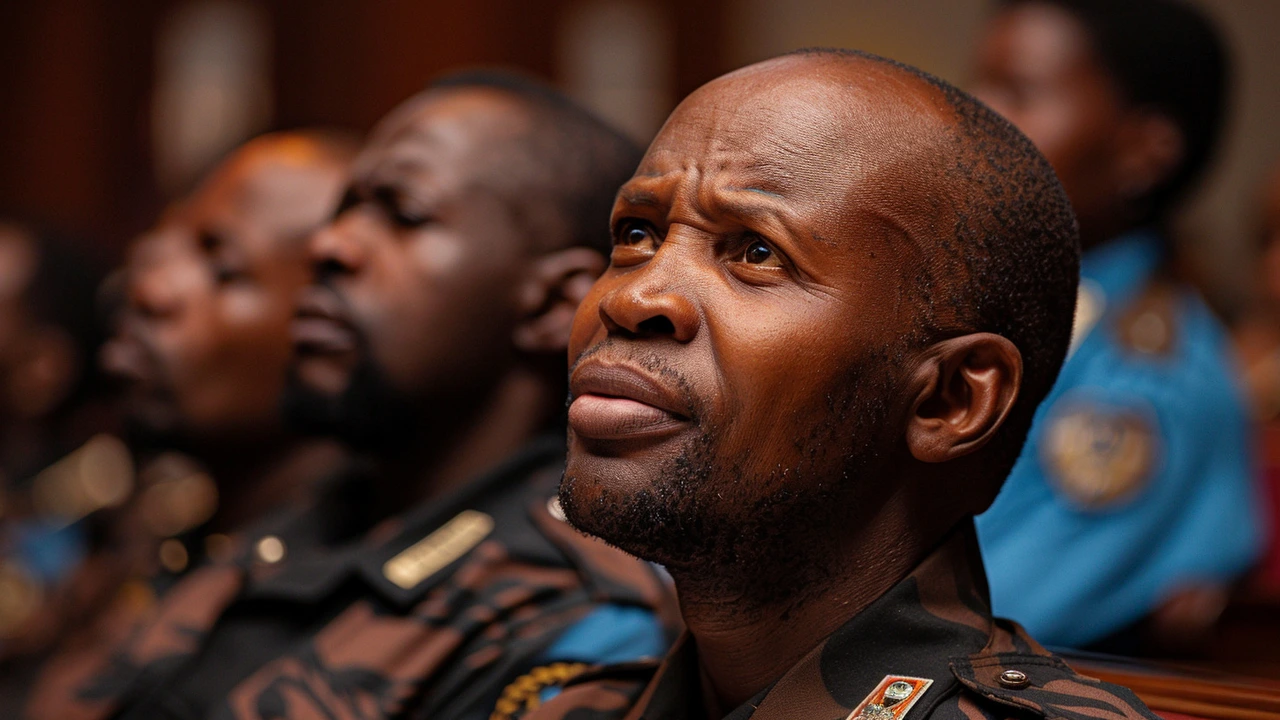Death Sentence: What You Need to Know
The death sentence, also known as capital punishment, is the most severe penalty a legal system can impose. It means a person found guilty of certain crimes can be legally put to death. Sounds harsh, right? But it’s still used in many countries around the world, raising big questions about justice, fairness, and human rights.
Many argue the death sentence serves as a strong deterrent against serious crimes like murder or terrorism. They believe it helps keep communities safe by removing dangerous individuals permanently. But others insist that there’s no solid proof it actually stops crime better than life imprisonment. Plus, wrongful convictions make the risk of killing innocent people very real.
How the Death Sentence Works
Procedures vary widely by country. Usually, after a trial finds someone guilty of a capital crime, a judge or jury decides if the death sentence fits. Then comes an appeal phase, where higher courts review the case. This process can take years. During this time, activists and lawyers often fight to save those on death row.
The methods of execution differ too—lethal injection, hanging, firing squad, electric chair and more. Each has sparked its own controversy about cruelty and ethics. Some methods are considered more humane, but no execution is without pain and moral debate.
What’s the Debate About?
Supporters say the death sentence delivers justice to victims and their families. They see it as a tool to punish the worst offenders fairly and permanently. Opponents highlight the risk of errors, biases in the legal system, and argue it violates human rights. They promote rehabilitation and life sentences as better solutions.
Then there’s the global trend: many countries have abolished the death sentence completely, while others keep using it actively. These differences reflect deep cultural, legal, and political divides around the world.
When you hear about the death sentence in the news — whether it’s a high-profile trial, a legal reform, or a controversy — remember it’s a complex issue with serious impacts on people’s lives and societies. It’s not just about punishment, but about how we define justice and protect human dignity.

In a controversial move, the Democratic Republic of Congo has sentenced twenty-five soldiers to death for abandoning their posts during fierce clashes with the notorious M23 rebels in the eastern region. The soldiers were also accused of looting local shops. The military court's sweeping verdict reflects the severity of internal challenges and ongoing strife within the region.
Read More